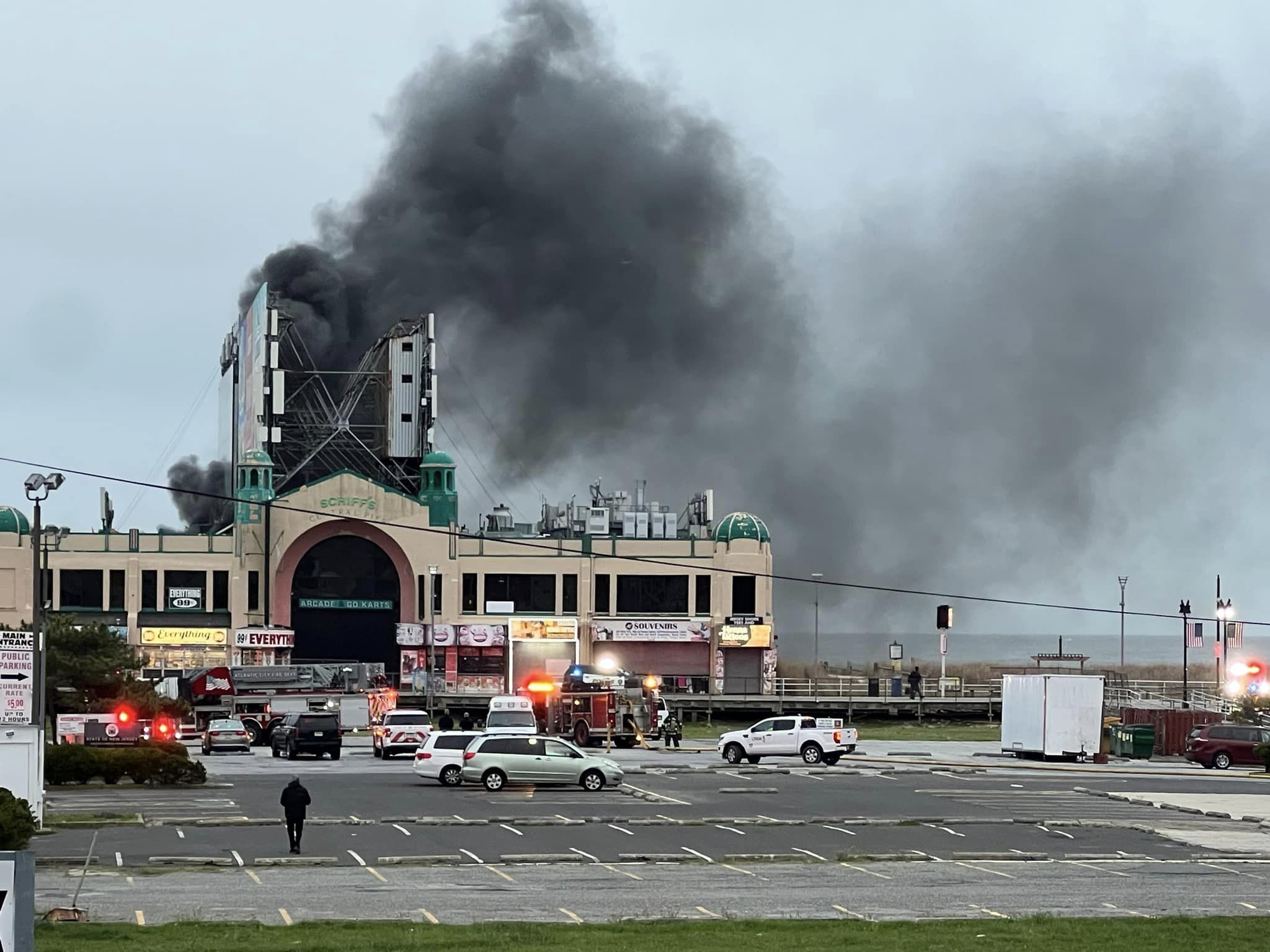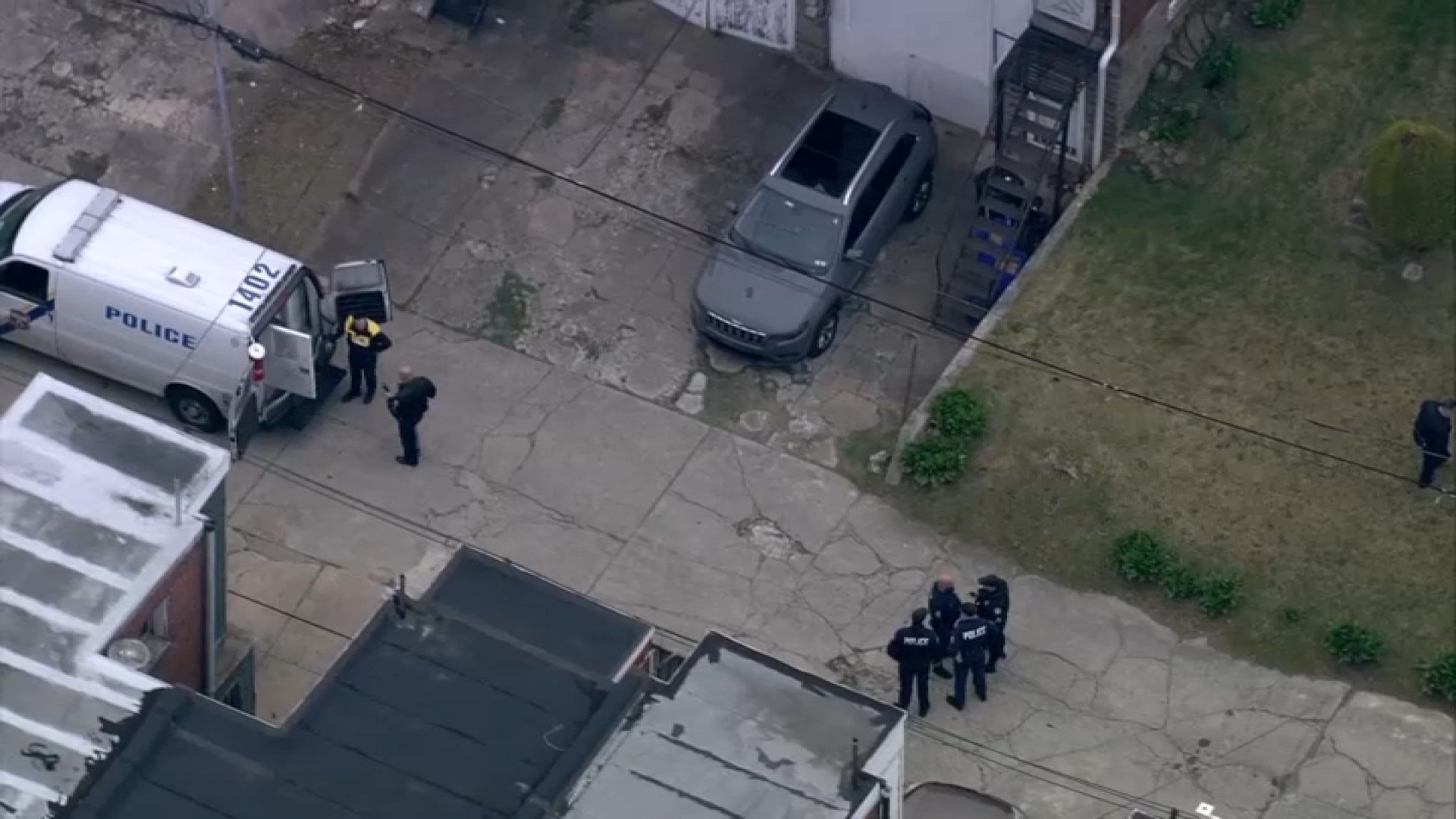What to Know
- On June 21, a mixture of butane and propane ignited a fire that caused multiple explosions.
- In the days following the blaze, its owner, Philadelphia Energy Solutions, announced its plan to close the refinery.
- On Sunday, PES filed for Chapter 11 bankruptcy protection.
Exactly one month after a fire at a South Philadelphia oil refinery caused a series of massive explosions, the company that owns the facility filed for bankruptcy Monday.
Philadelphia Energy Solutions filed for Chapter 11 bankruptcy Sunday in U.S. Bankruptcy Court in Delaware, according to online records.
As part of the filing, PES also said it will receive $100 million in short-term funding from its bank owners. The money will be used to finance the shutdown of operations through the bankruptcy process. It is the second time in less than a year that the refinery owner has filed for bankruptcy.
It remains unclear what will happen to the property in South Philadelphia, which for a century has existed as a massive industrial site.
“(Sunday)'s agreement provides PES Energy with the additional financing and liquidity necessary to ensure we can safely wind down our refining operations and, with the support of our insurers and stakeholders, best position the company for a successful reorganization, the rebuilding of our damaged infrastructure, and a restart of our refining operations," PES CEO Mark Smith said in a statement.
In the days following the June 21 blasts and fire, PES said the fire "made it impossible" to continue operations.
Local
Breaking news and the stories that matter to your neighborhood.
The explosions and subsequent inferno rattled entire parts of the region, reigniting a debate among city leaders and residents who worried about the safety of the oil refinery, which is considered the largest single source of pollution in the area.
As a result of the impending closure, more than 1,000 jobs would be eliminated, city officials said in the wake of the fire.
After news broke that the 150-year-old refinery would be closed, Mayor Jim Kenney said he was "disappointed" that so many workers would lose their jobs.
"The City is committed to supporting them during this difficult time in any way possible," Kenney said in a statement at the time.
To alleviate some of the economic burden, Pennsylvania Gov. Tom Wolf announced that the Department of Labor & Industry activated its Rapid Response Coordination Services to assist PES employees. The team would connect workers with unemployment insurance, training programs, job search activities and other social service programs.
Kenney said that Philadelphia officials would convene a group of "quasi-governmental organizations" to look at the economic repercussions of shutting down the refinery.
The Philadelphia Fire Department and the city's managing director would also lead efforts to determine the future of the site.
The refinery has been the largest on the East Coast. The fire burned for two days until plant staff were able to turn off a valve that sent fuel into an alkylation unit. City fire officials and the refinery's private fire brigade let the fire burn to avoid the uncontrolled release of explosive gas into the atmosphere.
Pictures: South Philadelphia Refinery Explosion and Fire
The refinery complex, which is split into two refineries and dates back to the 1860s, produces gasoline, diesel, jet fuel and other fuel. It is the single largest cause of particulate pollution in Philadelphia.
PES emerged from bankruptcy protection in October 2018. At the time, the limited liability company owed the local and state government more than $3 billion. The amounts were negotiated down to tens of thousands of dollars.



